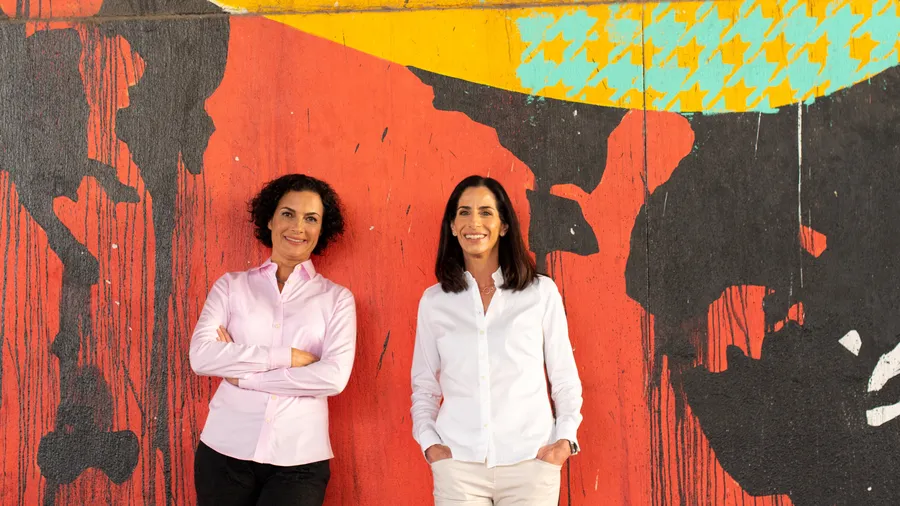As seen on Tampa Bay Times: “Meet the Tampa women building a business pipeline from Israel to Florida”

Over a recent Zoom interview, Miniati and Bachur-Phillips talked about the group’s evolution and future goals. (This conversation has been edited for length and clarity.)
Do a lot of states have a direct-to-Israel startup pipeline?
Bachur-Phillips: I think it exists in other states, other cities, and for a good reason, because Israel is such a source of innovation in all different areas. Some states have realized that, and are trying to attract these companies to the area, because when they are successful and they scale, they can have a real good economic impact on the area. In Michigan, they’re focusing more on energy and automobiles and security. In Atlanta, they have some good collaborations with Coke and Verizon. Here in Florida, most recently, we’ve focused on agriculture technology. There’s so much innovation in agriculture coming from Israel. And then hospitality and tourism is something we’ve been focusing on this year, and will continue to do that as the No. 1 industry in Florida.
How closely are startups and investors on the other side of the globe watching the tech scene in Florida?
Bachur-Phillips: I think they’re looking more for where the investors are and the customers are, and where they have a foot in the door. They’ll go where their investors are, and if they’re in the Miami area, that’s where they’re going. Some of the hospitality companies we spoke to, they went to Miami because they know the restaurant and hotel industry there. They had some doors open for them and had successes, so they said, “OK, let’s stay here and see how much we can penetrate the market.” Customers and investment come first, they’ll go where that is, and then the support system is secondary.
The tourism and hospitality world doesn’t strike me as an obvious place for an entrepreneur to launch a startup. What problems are being solved right now by startups who populate that space?
Miniati: The real problem they seem to be having, no surprise, is labor shortages. How can they continue to maintain quality of service and meet the throughput that’s going on with such a shortage in labor? It’s robots that carry food to the tables and bus tables and clean tables. There’s a lot of online ordering that attaches to the delivery system, that gives you insights into everything that’s going on. There’s a lot going on with multiple kitchens and being able to place an order and have that optimized so it’s coming from the quickest location. Artificial intelligence to gain information about the customer is a really big area right now, and people are exploring that in all different ways.
View Full articleLatest News
-
Next Round’s On The Robot!
July 16, 2024 11:51 am
-
The Startup Nation Meets Miami
April 18, 2024 11:32 am
-
FIBA Co-Executive Directors Receive Professional Societies Award
April 14, 2024 11:31 am
-
Shaping the Future: Women Entrepreneurs Leading the Charge in Tampa Bay
March 29, 2024 9:48 am
-
Five Star Customer Experiences: Lessons from Hospitality Leaders
March 8, 2024 9:47 am
